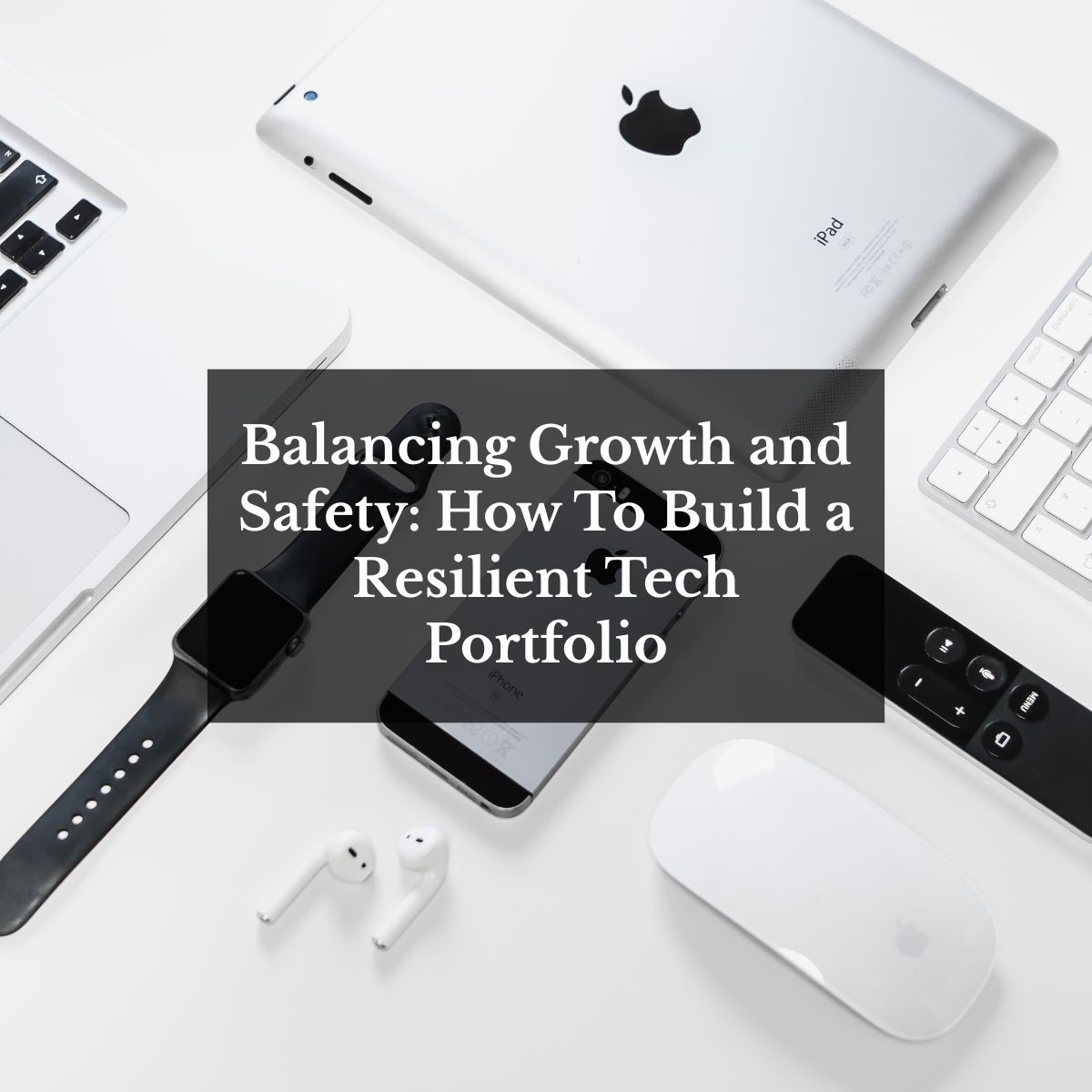By: Ronald W. Rogé, MS, CFP®
Chairman & CEO
If you have not been following the news since the first of the year, the big story for the New Year has not been something outrageous that Donald Trump said, it has been the volatility of the stock market. Since January 1, 2016 the stock market, as defined by the S&P 500 Index, has declined by 8%, European Stocks are down 9.8%, the Shanghai Composite is down 18% and Crude Oil is down about 20%. While we have globally balanced, highly diversified portfolios of stocks, bonds and cash, our portfolios have not declined nearly this much. On average we are experiencing about half of the S&P500 decline.
We read and hear about the slowdown in China’s growth, the decline in oil prices, the Federal Reserve raising interest rates, the increase in terrorist attacks and the unrest in the Middle East. It’s enough to make anyone feel nervous and become prone to making emotional decisions that are not based on facts or numbers.
China and the United States
Let’s start with China. China’s economy is not collapsing. Yes, their growth is declining because their relatively young economy is going through a transition from a manufacturing (industrial) based economy to a service based economy. The forecast for China’s Gross Domestic Product (GDP) for 2016 is 6.6%. Every country on Earth would kill to have a GDP of 6.6%.
Meanwhile, the U.S. exports very little and imports quite a bit from China. The strength of the U.S. Dollar is weakening the Chinese Yuan, which helps U.S. consumers by lowering imported goods and commodity costs to the U.S. In the U.S. the consensus forecast is for continued GDP growth of 2.5% in 2016. In the private sector, which represents about 85% of the U.S. economy, we are growing at a very nice 3.4% rate over the past two years. Automobile sales are at a record pace, and lower gasoline prices will be around for a while, acting like a tax cut for the consumer and further stimulating the economy by giving the consumer additional discretionary dollars to spend and/or save.
Crude Oil
Now let’s talk about Crude Oil. One of our country’s goals since the oil shortage in 1975 was to become independent of foreign oil. Never again would we be held hostage to foreign oil. While it took decades to achieve this goal, we have crossed the finish line. We will no longer fund terrorist supporting oil producing nations by buying their oil. So what’s the problem? Low interest rates and easy credit contributed to the U.S. oil shale boom which helped us reach this goal of oil independence. As investors looked for higher interest in their bond portfolio they gravitated toward high yielding bonds, a lot of which were in the energy sector. Many of these bonds will have to be restructured because oil companies can’t support the debt load at oil prices under $30 a barrel. In 2014 the energy sector represented about 10% of the U.S. economy. Today it represents less than 7% due to the recent decline in oil prices.
What We Have Done Recently to Our Portfolios
Last October we began looking at our portfolios for our annual process of tax loss harvesting for taxable accounts and rebalancing all of our portfolios for risk control purposes. At that meeting, we had an in-depth discussion about the Federal Reserve raising interest rates in December and concluded that the probability was very high that they would raise rates. As we looked at the rebalancing process we realized that we were overweight in stocks and the sale proceeds from those stocks would have to be invested mostly in bonds. This was something we really did not want to do given the high probability that the Fed would be raising rates soon and perhaps as much as 4 times in 2016. When the Fed raises rates it decreases the value of bonds in one’s portfolio. We were also concerned that the transportation index (a leading economic indicator) was declining all year and some technical charts we follow were also not looking too good. So we decided to keep those proceeds in cash equivalents (money market funds) temporally. This decision immediately raised our cash position across our portfolios to 10% from a normal level of about 3%. Right now we are about 13% cash across the board. As it turns out this decision was a good one for us since the market corrected so quickly in January and our cash exposure gave us downside protection.
What Should I Do?
While no one really knows why the stock market has suddenly increased its volatility and declined 8% since the beginning of the year, we can only speculate with the reasons outlined above. The market can and probably will go lower from here trying to find a support level. How much it will fluctuate is anyone’s guess. The bottom line is that markets become overvalued and correct from time to time and this is just part of investing that no one likes. Our portfolios are in a good position given the cash level we have available and our asset allocation between stocks, bonds and cash. The portfolios won’t decline as much as the market if it does continue to decline.
During times of market volatility, we have found it to be helpful for our clients to ask themselves the following questions:
1. “Do I have a financial plan with specific goals and a long-term perspective for the money I have invested?” If your answer is yes, and your goals have not changed, sit tight and do nothing.
2. “Do I have an emergency fund for shorter-term (less than one year) unexpected expenses?” If your answer is yes, do nothing. The purpose of having an emergency fund is so you won’t have to sell securities at an inopportune time (such as now) to meet those unexpected expenses.
3. “Do I need any of my portfolio’s money tomorrow, next week, next month or next year?” If your answer is no, sit tight and turn off CNBC and Bloomberg. Know that this too shall pass and you don’t need to make yourself nervous. Markets go up too. As a matter of fact, they go up about 66% of the time and decline about 33% of the time. Those are good odds for investing the cash we have on hand into the values being created by this decline.
If your answers to these questions are not satisfactory to you and you want to begin the process to make them satisfactory, please call us at 631-218-0077 to arrange a complimentary consultation to see if our services, staff, qualifications, and experience are the right fit for you.




